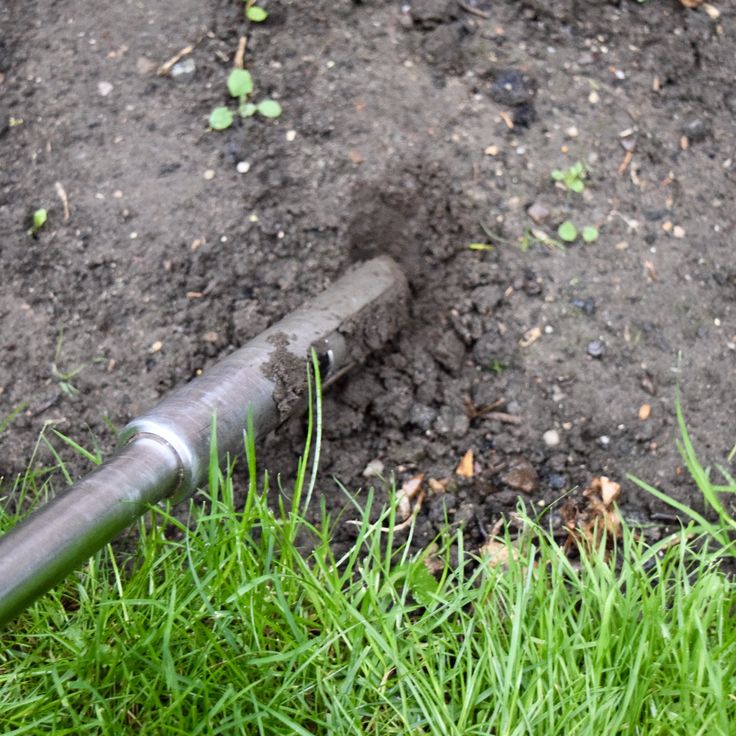When it comes to understanding the condition of a property, a Detailed Site Investigation (DSI) is a critical step. Whether you’re a developer, an environmental consultant, or a property owner, knowing what to expect during this process can save you time, money, and potential headaches down the line. Here’s a comprehensive overview of what a DSI entails and what you can anticipate.detailed site investigation

What is a Detailed Site Investigation?
A Detailed Site Investigation is an in-depth assessment of a specific location, typically conducted after preliminary assessments have identified potential environmental concerns. The goal is to gather comprehensive data on the site’s conditions, including soil quality, groundwater contamination, and any existing hazards.
Key Objectives of a DSI
- Characterizing Contamination: To identify the nature and extent of any contamination present.
- Assessing Risks: To evaluate potential risks to human health and the environment.
- Regulatory Compliance: To ensure adherence to local, state, and federal regulations.
- Guiding Remediation Efforts: To provide data that will inform remediation strategies if necessary.
Phases of a Detailed Site Investigation
- Planning and Preparation
- Site Assessment: Initial reviews of existing data, such as historical records and previous assessments.
- Objective Definition: Clearly defining the goals of the investigation, including which contaminants to assess.
- Health and Safety Planning: Developing protocols to ensure the safety of all personnel involved.
- Field Investigation
- Soil Sampling: Collecting soil samples at various depths and locations to test for contaminants.
- Groundwater Sampling: Installing monitoring wells and taking groundwater samples to analyze for pollutants.
- Geophysical Surveys: Using techniques like ground-penetrating radar to identify subsurface conditions.
- Air Quality Testing: Assessing potential airborne contaminants in and around the site.
- Laboratory Analysis
- Sample Testing: Sending collected samples to accredited laboratories for detailed chemical analysis.
- Data Quality Assessment: Ensuring the integrity of the data through quality assurance and quality control procedures.
- Data Interpretation and Reporting
- Results Analysis: Interpreting the laboratory results to identify any contamination issues.
- Risk Assessment: Evaluating the potential health and environmental risks based on the findings.
- Report Compilation: Preparing a detailed report that outlines methods, findings, conclusions, and recommendations for any necessary remediation.
What You Can Expect During the Investigation
- Site Accessibility: Depending on the location and type of investigation, access to the site may be restricted. You might need to coordinate with property owners and local authorities.
- Field Activity: Expect to see drilling rigs, sampling equipment, and personnel in protective gear. The process can be noisy and involve heavy machinery.
- Regular Communication: Consultants will keep you informed about progress and any findings. Open communication is essential to address any immediate concerns.
- Timeline: A DSI can take several weeks to months, depending on the site’s complexity and the number of samples collected.
Post-Investigation Actions
Once the DSI is complete, the results will guide future actions:
- Remediation Planning: If contamination is found, you’ll need to develop a remediation plan to address the issues.
- Follow-Up Monitoring: Regular monitoring may be required to ensure that any remediation efforts are effective and that no new issues arise.
- Regulatory Reporting: You may need to submit findings to environmental regulatory agencies, depending on the site’s conditions and local laws.
Conclusion
A Detailed Site Investigation is a crucial step in managing environmental risks and ensuring the safety of a property. By understanding the process and what to expect, you can navigate the complexities of site assessments more effectively. Whether you’re looking to develop land, buy property, or conduct environmental due diligence, being informed will empower you to make the best decisions for your project’s success.